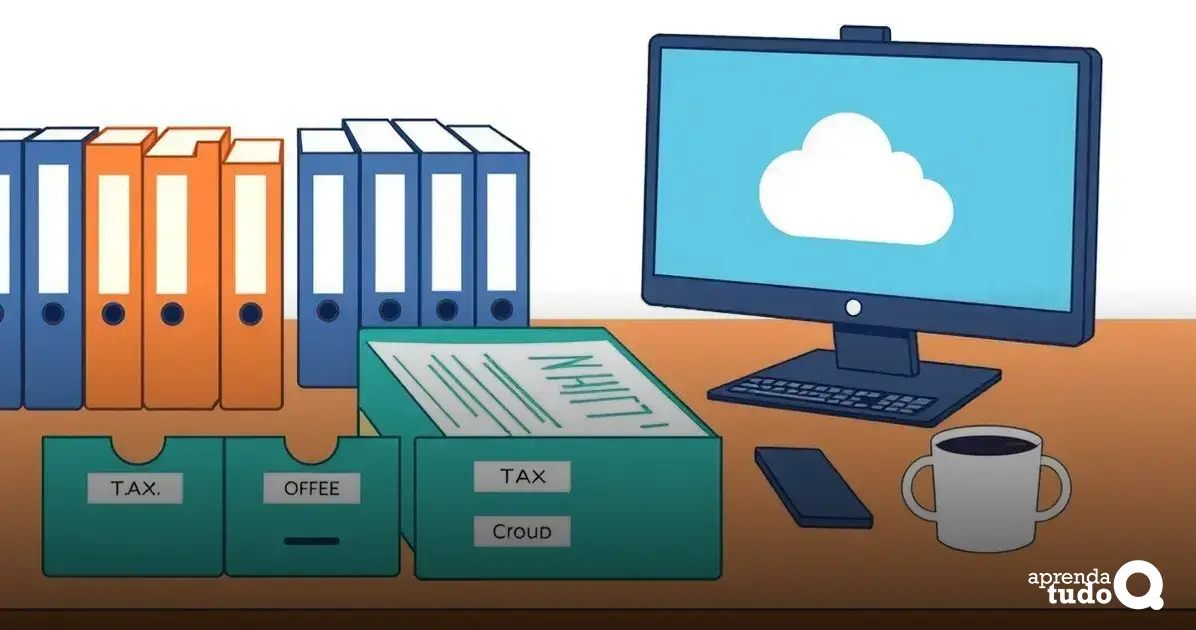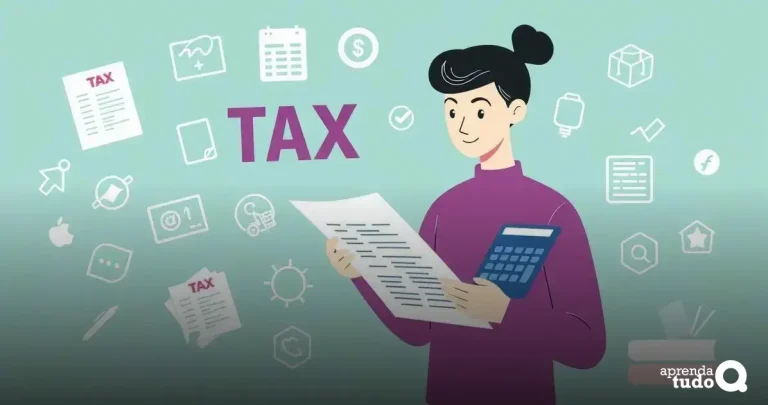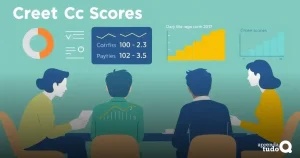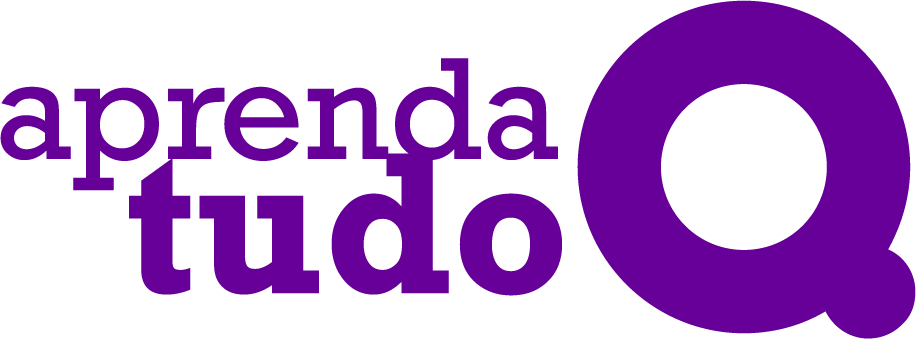Understanding your tax obligations is essential for maximising your refund this year.
Make sure you know what income you need to report, including wages, freelance work, and any other earnings.
Being clear about your income helps you avoid mistakes that could lead to penalties.
Next, familiarize yourself with all available tax deductions and credits.
Deductions reduce your taxable income, while credits directly lower the amount you owe.
For instance, deductions for education expenses or medical bills can add up, so keep careful records of your spending throughout the year.
Lastly, consider filing your taxes electronically. E-filing is often faster and can help you receive your refund sooner.
Many online platforms guide you through the process and even check for mistakes before submission, saving you time and effort.
If you’re looking for essential tax tips, you’re in the right place.
Navigating the world of taxes can be daunting, but having the right information can help alleviate some stress.
Understanding Essential Tax Deductions
Understanding essential tax deductions is vital for maximizing your tax refund this year.
Deductions reduce your taxable income, which in turn lowers the amount of tax you owe.
For many people, this means paying less and possibly receiving a bigger refund from the government.
Some common deductions include those for home mortgage interest, medical expenses, and educational costs.
Knowing what you can claim helps you keep more of your money. It is important to gather all the necessary documents, such as receipts and invoices, when preparing your tax return.
Additionally, some people may qualify for standard deductions that simplify the tax process.
This option allows you to deduct a fixed amount without needing to detail each expense. For most taxpayers, this can save time and make filing easier.
Important Tax Deadlines to Remember
Knowing the important tax deadlines is key to filing your taxes correctly and on time.
The main deadline for most people to file their tax returns is April 15.
This means you have until that date to submit your paperwork and pay any taxes you owe.
Missing this deadline can lead to penalties and interest on your unpaid taxes.
Another important date to remember is January 31.
By this time, your employer should provide you with your W-2 form, which shows how much you earned and how much tax was withheld.
This information is crucial for your tax preparation, so keep an eye on it to avoid delays in your filing.
If you need more time to file, you can apply for an extension by the April 15 deadline.
However, remember that an extension to file is not an extension to pay. You will still need to estimate and pay any taxes owed by April 15 to avoid extra fees.
Common Tax Mistakes to Avoid
Avoiding common tax mistakes can save you time and money.
One frequent error is not double-checking your personal information, like your name and Social Security number.
If these details are incorrect, it can delay your refund and create issues with the tax authorities. Always review your forms carefully before submitting them.
Another common mistake is forgetting to report additional income. This can include freelance work or money earned from side jobs.
All income counts when filing taxes, and failing to report it can lead to penalties.
Make sure to keep track of all your earnings throughout the year to avoid surprises.
People also often miss out on valuable deductions because they don’t keep receipts or records.
It’s essential to hold on to documents like medical bills and educational expenses.
These deductions can greatly increase your refund, so be organised and keep everything you may need for your tax return.
How to Organise Your Tax Documents

Organising your tax documents is crucial for a stress-free tax season.
Essential tax tips recommend keeping all receipts, forms, and records in one place for easy access.
Start by gathering all relevant papers like W-2s, 1099s, and receipts for deductions.
Create a designated folder or file system where you can keep these documents safe and accessible.
This helps ensure that nothing gets lost or overlooked when it’s time to file your taxes.
Next, sort your documents by categories such as income, expenses, and deductions. Label each section clearly so you can quickly find what you need.
This method not only saves time but also makes it easier to confirm that you have all the necessary paperwork before filing.
Finally, consider using digital tools to organise your documents. You can scan and save your files in cloud storage, allowing you to access them anytime.
Digital organisation minimises the risk of losing important papers and provides a backup in case of emergencies.
Remember, being organised can maximise your refund!
Maximising Your Tax Refund
Maximising your tax refund can make a big difference in your finances. One way to do this is by claiming all eligible deductions and credits.
Essential tax tips include keeping organized records to avoid missing out on these benefits.
Keep track of expenses related to work, education, and health care.
These can often be deducted from your taxable income, helping to lower your tax burden.
Another important step is to double-check your filing status. Depending on your situation, claiming a different status can lead to a larger refund.
For example, if you’re married, filing jointly can sometimes provide better benefits than filing separately.
Make sure to explore all options before deciding how to file.
Lastly, don’t forget about retirement account contributions.
Putting money into accounts like an IRA can not only save for your future but also reduce your taxable income.
The more you contribute, the more you could potentially increase your refund, so consider this option when planning your finances.
Tax Credits You Might Qualify For
There are several tax credits that you might qualify for, which can boost your tax refund significantly.
Essential tax tips include researching these credits to ensure you claim every benefit available.
One common credit is the Earned Income Tax Credit (EITC).
This is designed to help low to moderate-income workers, providing a refund that can make a big difference in your finances.
To qualify, you must meet certain income limits and have a qualifying child or meet other criteria.
Another valuable credit is the Child Tax Credit. If you have children under the age of 17, you may be eligible for this credit.
It allows you to reduce your tax bill by a specific amount for each qualifying child.
This credit is especially beneficial for families, as it helps ease the financial burden of raising children.
Lastly, the American Opportunity Tax Credit can be useful for those paying for college.
If you are enrolled in eligible higher education, you can claim this credit for tuition, fees, and course materials.
This credit can cover a portion of your education costs and is available for the first four years of higher education, making it a great way to maximise your refund.
Preparing for a Tax Audit
Preparing for a tax audit can feel overwhelming, but being organised helps a lot.
First, gather all your relevant documents, including tax returns, receipts, and bank statements.
Having everything in one place makes it easier to provide the necessary information to the auditors quickly.
Next, review your tax return and the audit notice carefully. Understand what the auditors are questioning and why it matters.
If there are any discrepancies, be ready to explain them clearly.
This shows that you’re serious and prepared, which can make the process smoother.
Finally, consider seeking help from a tax professional. They can offer guidance and support during the audit process.
Having an expert on your side can help you understand your rights and obligations, ensuring you are fully prepared to handle any questions that arise during the audit.
When it comes to filing your taxes, understanding essential tax tips can make a difference in maximising your refund.
Start by keeping detailed records of your income and expenses throughout the year.
This practice not only saves time during tax season but also ensures that you claim all eligible deductions and credits.
Next, consider contributing to a retirement account.
Contributions to accounts like IRAs can lower your taxable income, boosting your chances of receiving a larger refund.
It’s a smart way to prepare for your future while also benefiting from tax advantages today.
Lastly, don’t underestimate the power of professional help. If your tax situation is complicated, hiring a tax professional can be worth the investment.
They can help you navigate tax laws and ensure you’re making the most of available deductions, ultimately supporting you in maximising your tax refund.






